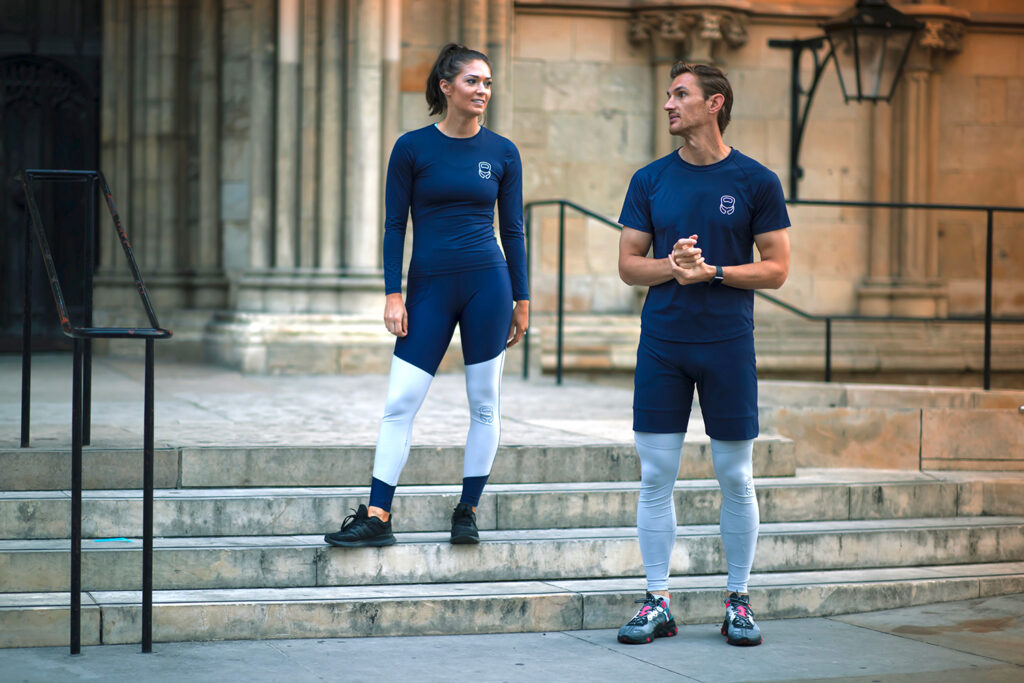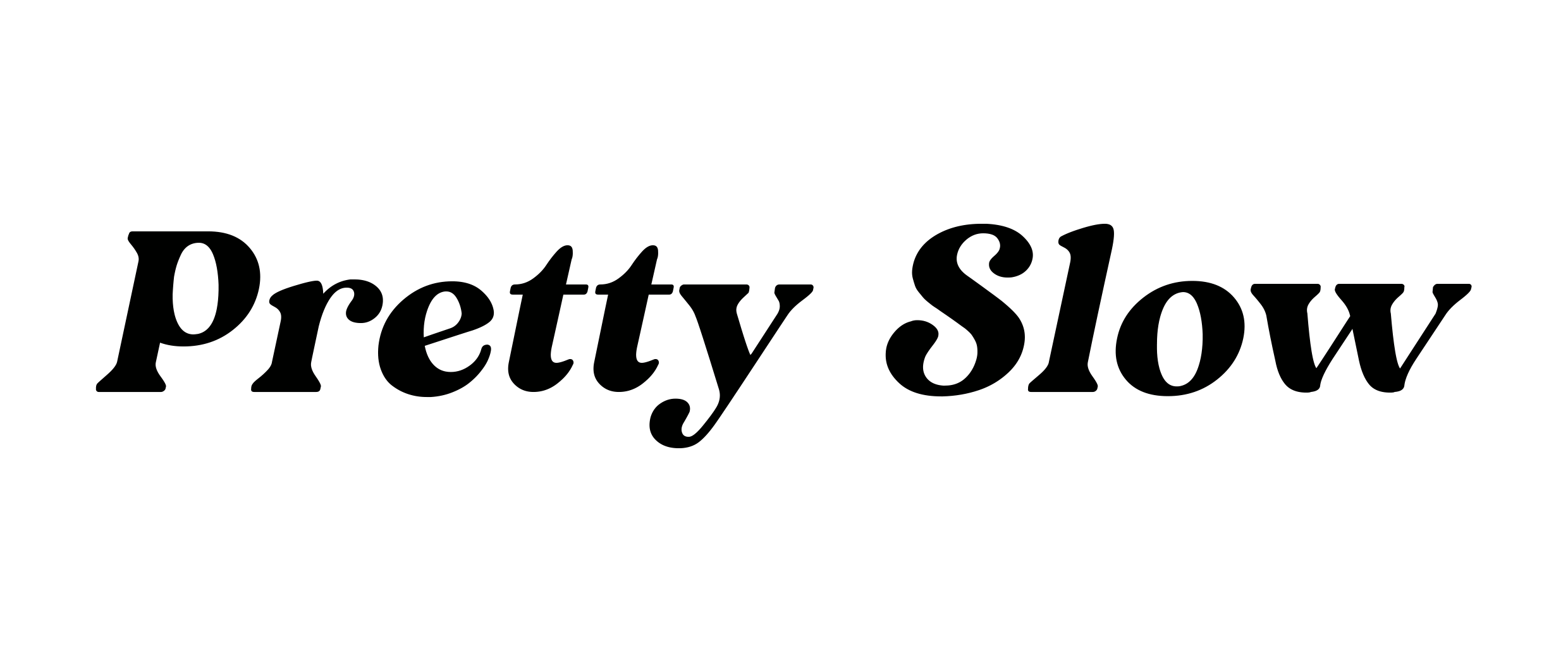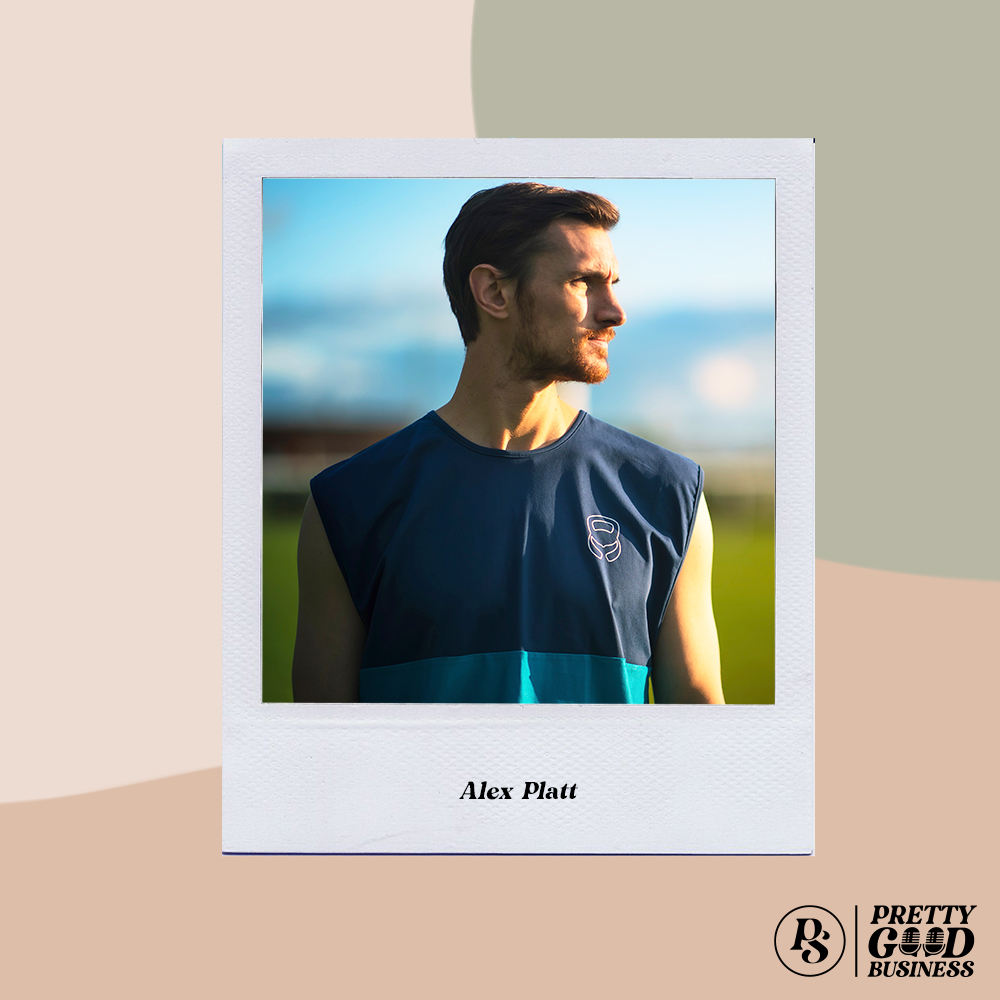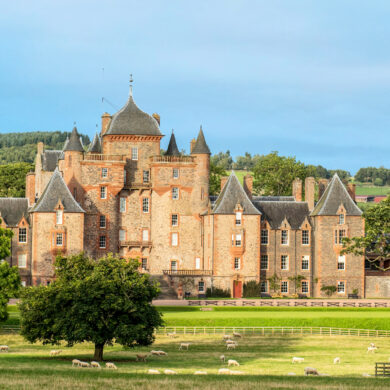We sat down with Alex Platt, founder of sustainable fitness brand Mocean Fitness, to talk about saving our oceans and how waste can be used for a good cause.
Alex Platt joined us on Pretty Good Business podcast just before launching his first Kickstarter campaign to get Mocean Fitness off the ground. His dream is to build a sustainable fitness brand that will be kind to people, animals and the planet.
In this interview, we talked with Alex about taking care of our oceans, his big plans for Mocean Fitness and why waste doesn’t have to stay waste.
Can you tell us more about Mocean Fitness?
Mocean Fitness is a sport and activewear brand with a little bit of a difference. We are on a mission to become the greenest and most sustainable activewear brand in the world. I’m a confessed eco-warrior and an animal lover, and the more I learned about environmental issues and the impacts on animals, the more I wanted to do something.
I have tried to think about what things people use and discard and activewear came into my mind. I saw an opportunity to do something impactful. Just like that Mocean Fitness was born and we create sports and activewear from waste.
Do you think activewear is left a bit behind compared to regular fashion?
I think the world of activewear can do more. I know some of the big companies in the fitness industry have started to do more, and some of them are pretty good now. Still, when I started doing my research four years ago, there was nothing similar in the market that had a real focus on sustainability.
Sportswear is usually made of a form of plastic, is that right?
Yes, sportswear is usually made of polyester, which is a form of plastic, derived from petroleum. It requires crude oil and natural resources to make it. And after a few uses, that piece of sportswear will be discarded into landfills. And then the process starts again, so we have an open-loop process.
We use natural resources; we create waste, we use more natural resources, we make more waste and we kind of just keep going in this repetitive cycle. At Mocean Fitness, we choose materials based on how can we close that loop as much as possible. The first step is, let’s use materials that are created from things that are already in circulation.
What materials do you use?
We use a couple of different materials. In our first collection, which we’re going to be launching soon we use something called econyl which is regenerated nylon. And this is one of my favourite materials that I’ve come across. Econyl is a nylon that’s entirely made from waste. It could be industrial plastic waste, plastic components, old carpets, fabric scraps and so on. And most importantly for us, it’s also made from discarded fishing nets.
A large percentage of plastic pollution in the oceans is old fishing nets that have been either lost, abandoned or discarded at sea. The process is incredible because you can see the positive impact on the health of the oceans.

How did you come about this process? How does it work?
We partner with an ecosystem of suppliers who do all this for us. Our partner Healthy Seas go out to sea, diving in the oceans and recover the fishing nets. They then send them off to a factory that transforms them back in their original plastic form. So it’s all cleaned, it’s all washed, it’s all broken down into plastic pellets, then it’s melted and made into an uncoloured yarn. The same yarn that you would have if you used raw materials, but using waste. It’s a pretty incredible process.
How did you find your partners?
I found them through research. I wanted to partner with people who had values that were similar to mine, which it’s now pretty easy to find, to be honest. The reason why I love Healthy Seas is that you can follow their journey, they have tangible results, and they are just as passionate about the environment as we are.
What was the longest and the most challenging part of the whole process?
Probably the design process, which is a bit clunky. The designs we’ve got at the minute are very much a starting point, and they’re based on what we need people might need and like but we are going to grow, and they’ll get better and better.
How many prototypes did you have to make?
A lot! I still have the first-ever samples I received. I was so disappointed. I felt that the design was off; the material was off, my communication must have been off. I doubted myself there. It was a pretty long process, but we finally found a manufacturer that was right for us last year.
Are your partners in the UK?
Not all of them. Healthy Seas do have a UK arm, but the company that makes the regenerated nylon is called Aquafil, they’re based in Italy. For the manufacturing, the design is made in the UK, and the person who helps me with that has a family-run factory in Bulgaria, and that’s where the final product is made.
What did you learn in the process of building a sustainable brand?
So much! From a business perspective, the biggest thing that I learned is that if you care about something and you are passionate about it, you will always feel like your product is not 100% perfect. But you just have to get over the starting point and learn as you go and progress from there.
From a sustainability perspective, is that there’s a lot of good people out there doing a lot of amazing things for the planet. And as guilty as we all are for not doing enough or not doing more, there’s a driven community out there looking to do as much as they can for the planet. And I think that’s special.
If your goals don’t scare you than they are not big enough.
Alex Platt
You also have a day job; how do you juggle?
Well, my priority during the daytime is my day job. I have a commitment to a great company that I work for. You have to make the most of the time you have outside work, so early mornings, evenings, weekends, late nights. It doesn’t come easy, but it’s possible.
What are you most proud of?
The first samples that I ever got, even though they were so bad. But I am proud of them because that was the starting point. It felt like a huge deal. When I see them now, I just smile – I’m going to frame them.
Is there something you wish you knew when you started?
I wish I knew that if you procrastinate and try to get things perfect, you don’t do yourself any favours. You’ll just keep putting it off because, whatever you work on, it won’t ever be perfect. You just have to do it, get it out.
Why did you choose to start with a crowdfunding campaign?
We chose to crowdfund for a couple of reasons. The first one is because when I was doing my research on how to generate funds, I stumbled across crowdfunding. And the more I looked into it, the more I saw it was a perfect place to bring like-minded people together. And Kickstarter, in particular, has proven to be successful in launching projects that have an environmental twist.
What are your hopes for the business?
I envision us as being the greenest, the most sustainable fitness community in the world. For me, activewear is a great place to start because we know that overconsumption and pollution are the biggest threats to the natural world.
After that, I think the possibilities are endless. The fitness community is a pretty incredible one. There’s a lot of like-minded individuals, and I think anything could be possible. Sustainable gyms, sustainable sporting events, and everything that the fitness community knows and loves today, but with a maximum positive impact on the planet at its core.
You can still help Alex reach his goal on Kickstarter.
This interview has been edited for clarity.


